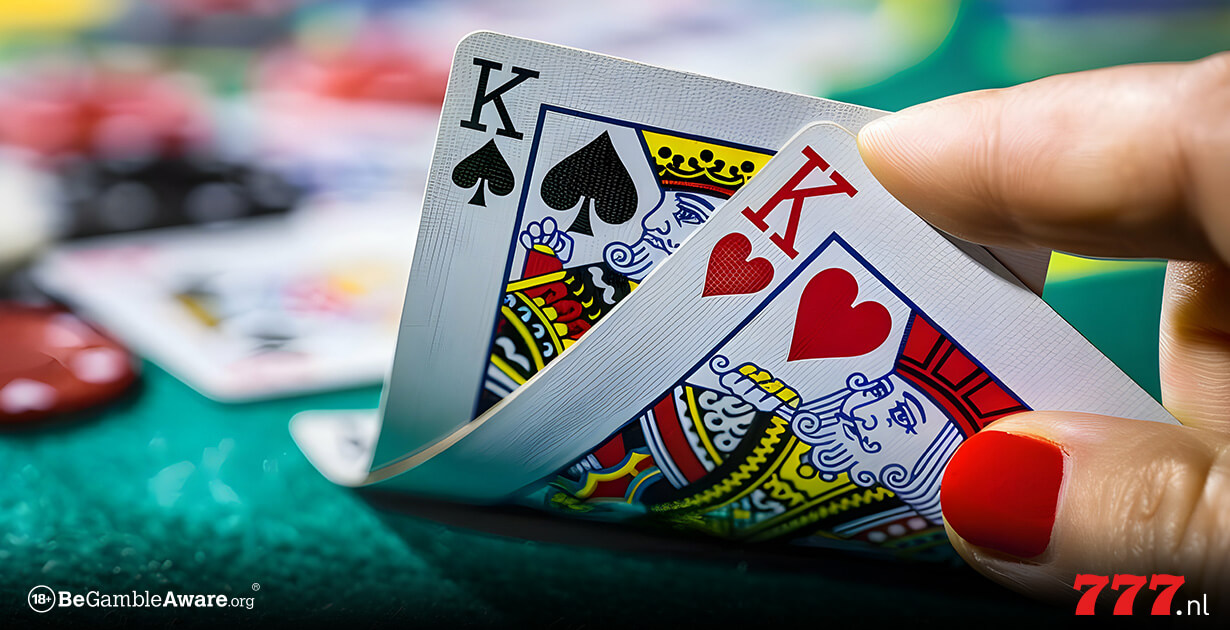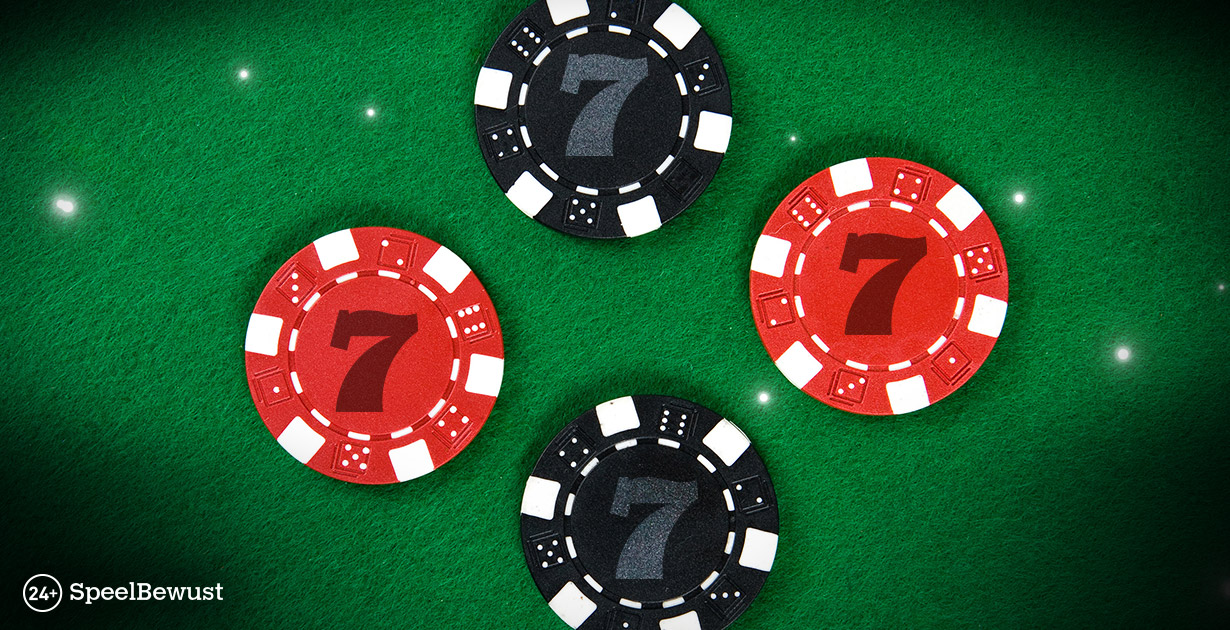A well-known strategy in online poker is to play fewer hands, but to approach those hands aggressively. For many players, this may be an unexpected approach, as poker is often associated with playing as many hands as possible. However, experienced poker players know that selective hand play is the key to success, particularly in the context of online poker.
In online poker, you often encounter opponents who play loose and passive. They open many hands and rarely fold, which can lead to uncontrolled betting and unpredictable outcomes. Therefore, playing fewer hands but playing them decisively is a strategy that can consistently lead to long-term profits. This strategy focuses on quality over quantity and helps you maximise your chances when you are involved in a hand.
What is Aggressive Play?
Playing aggressively in poker means frequently raising the stakes and not being afraid to put pressure on your opponents. Instead of limping (just calling the big blind) or playing passively, you take the lead by raising and re-raising. This forces your opponents to make difficult decisions. By playing aggressively, you can often win smaller pots without even seeing a showdown, as your opponents will simply fold.
Aggressive play goes hand in hand with the concept of playing fewer hands. If you are only playing strong hands, you can afford to be more aggressive when you play them. This increases your profit potential and gives you a strategic advantage over players who play more hands but are less active in controlling the pot.
When Should You Play Aggressively?
Although aggressive play often pays off, it’s important to understand when to apply this tactic. The right moments to play aggressively depend on several factors:
- The Strength of Your Hand: Playing aggressively with strong hands like high pairs, AK, or AQ is an effective way to put pressure on your opponents and extract value from your hands. With medium or weak hands, you should be more cautious to avoid falling into a trap.
- The Number of Players at the Table: The fewer opponents in the hand, the greater the likelihood that your aggressive play will be successful. In a heads-up situation, aggression can often overwhelm the other player, while it is less effective at a full table as the chance increases that someone has a strong hand.
- Your Position at the Table: Position is crucial in poker, especially if you plan to play aggressively. When you are in a late position, you can better observe your opponents and react to their moves. This gives you a significant advantage because you can see how they act before making your decision. Aggressive play from a strong position can significantly increase your profit margins.
The Importance of Playing Fewer Hands
One of the biggest mistakes beginner players make is playing too many hands. It may seem tempting to play every possible hand, but in reality, this reduces your profit potential. By playing fewer hands, you increase the likelihood that you have high-quality hands when you do decide to bet. This means you waste much less time with marginal hands that eventually chip away at your stack.
A commonly used term in poker strategies is “tight-aggressive” (TAG). This means that you play a small selection of hands (tight) but play those hands aggressively. Players who play too many hands, also known as “loose” players, often lose in the long run because they lose a lot of money with weak hands.
When Is Aggression Too Much?
Although aggressive play is a powerful tactic, you shouldn’t use it too often. If you constantly raise and keep your opponents under pressure, they will adapt. Smart players will quickly spot this pattern and start calling or re-raising with stronger hands. Therefore, it’s important to find a balance between aggressive play and moments of restraint. A good poker strategy includes surprising your opponents by keeping them unpredictable.
Aggressive play can also be costly if your opponents are willing to go to a showdown. If you consistently play aggressively without strong hands, you risk losing large pots when they catch on to your bluffs and call you.
Conclusion
Playing fewer hands, but playing them aggressively, is a proven strategy in online poker. It allows you to control the pot, put pressure on your opponents, and maximise your winnings. By being selective with the hands you play and ensuring that your position, opponents, and table dynamics work in your favour, you can be successful in online poker. With patience, focus, and a solid understanding of this strategy, you can elevate your game and increase your chances of winning.
Frequently Asked Questions About Playing Fewer but More Aggressive Poker Hands
1. What does ‘fewer hands’ mean in online poker?
‘Fewer hands’ means being selective with the hands you choose to play. Instead of entering every hand, you only play stronger hands. This helps you be better prepared when you’re in a hand, as you’re more likely to play with a strong starting hand.
2. Why is aggressive play important in poker?
Aggressive play means you bet and raise more frequently to put pressure on your opponents. This forces them to make tough decisions and increases the likelihood that they fold, even if they have a decent hand. The goal is to win more pots without having to go to a showdown.
3. When should you play aggressively during a poker hand?
Aggressive play is most effective when you have strong hands like high pairs or hands like AK or AQ. You can also play aggressively when in a late position, as you have more information about your opponents’ betting patterns. It’s also beneficial against weak or passive opponents.
4. Can you play too aggressively?
Yes, if you play too aggressively, opponents may adapt and see through your strategy. They will start calling your bets or re-raising you, leading to bigger losses. It’s essential to mix up your play and stay unpredictable to maintain success.



